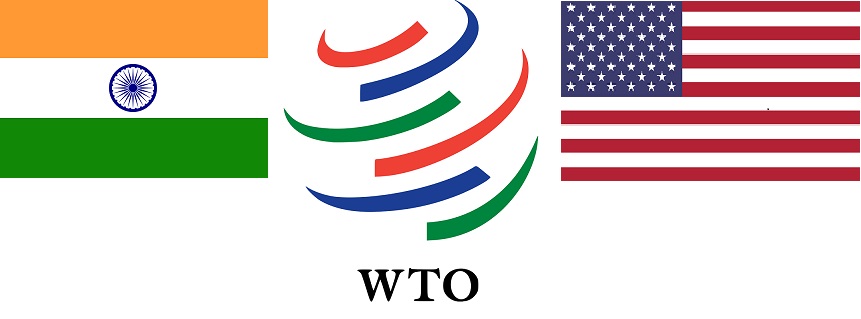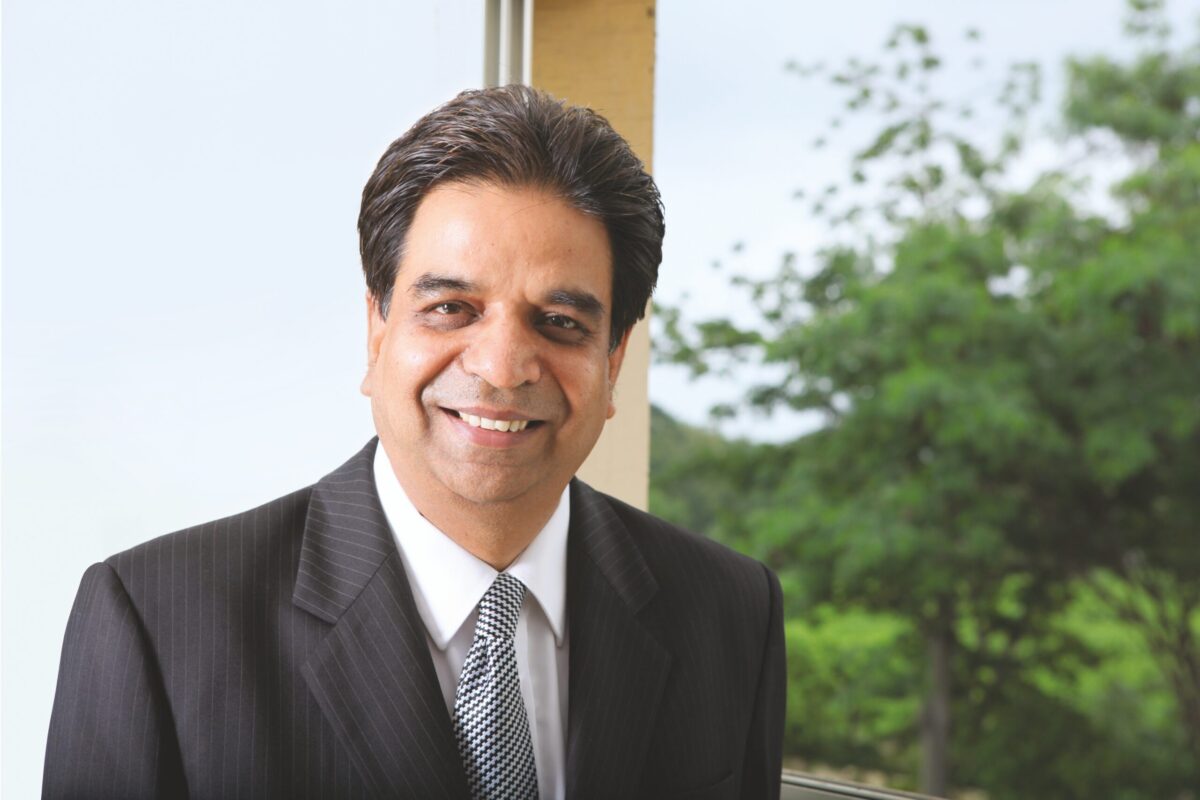The U.S.’s pursuit of retaliatory measures against India following India’s failure to comply with the WTO’s decision to remove all inconsistent measures for implementing the Jawaharlal Nehru Solar Mission, has triggered a wave of support for India among other nations.
WTO official corresponded to pv magazine via email.
The U.S. had taken objection to India’s inconsistent local content requirement measures, prompting a filing at the WTO that India fought against. India lost the dispute in 2016 and agreed to remove all inconsistent measures. India had filed a compliance status report dated December 14,2017 informing the Dispute settlement body (DSB) that it has ceased to impose any measures found inconsistent with the recommendations and rulings of DSB. On December 19, 2017, the U.S. then sought permission to impose trade retaliatory measures against India, citing that New Delhi had failed to comply with the decision. However, the U.S. did not provide any evidence of these claims.
India’s response to U.S. actions was prickly, stating that U.S. requests were vague and invalid since India had ceased to impose such measures after recommendations and rulings of the DSB.
The U.S. further said that none of the reasons cited by India have any basis under article 22.6 of Dispute Settlement Understanding (DSU) and so DSB should provide authorization to the U.S. to impose trade retaliation.
“India is incorrect that the United States has not sufficiently indicated the level of nullification and impairment or why it considers India has not complied, that there is no obligation party to seek to negotiate compensation or no request under Article 22.2 may be made before procedures are completed under Article 21.5,” read an official U.S. statement.
The Americans further added that India’s claim of compliance is unsubstantiated and limited to mere assertion, and that the U.S. had no opportunity to evaluate any concrete compliance steps taken by India, and India identified none.
India has altogether rejected these claims, and has said that it made repeated requests for a sequencing agreement with the U.S. to suggest how both parties could proceed in case of noncompliance.
The U.S. has refused to sign any sequencing agreement, suggesting this goes beyond the practice of WTO members acting in good faith. India also added that Washington has remained completely silent on why it believed that there is noncompliance.
India believes that a compliance panel will prove India’s implementation of the DSB’s recommendations, and hence will negate the need for any proceedings for trade retaliatory measures.
The EU understands that India’s January reply provided a strong objection for retaliatory measures, while Canada maintained that the U.S. request will adversely affect the rights of the responding member. Brazil, China and Japan have also sided with India on the matter.
This content is protected by copyright and may not be reused. If you want to cooperate with us and would like to reuse some of our content, please contact: editors@pv-magazine.com.








1 comment
By submitting this form you agree to pv magazine using your data for the purposes of publishing your comment.
Your personal data will only be disclosed or otherwise transmitted to third parties for the purposes of spam filtering or if this is necessary for technical maintenance of the website. Any other transfer to third parties will not take place unless this is justified on the basis of applicable data protection regulations or if pv magazine is legally obliged to do so.
You may revoke this consent at any time with effect for the future, in which case your personal data will be deleted immediately. Otherwise, your data will be deleted if pv magazine has processed your request or the purpose of data storage is fulfilled.
Further information on data privacy can be found in our Data Protection Policy.